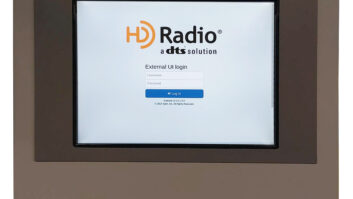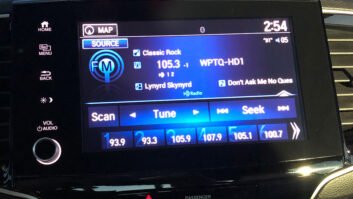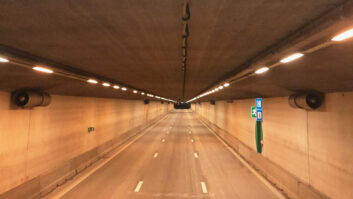A study suggests children who live close to an AM radio transmission tower may have an elevated risk of leukemia.
“South Korean researchers found that children who lived within 2 kilometers (about 1-1/4 miles) of an AM radio transmitter were twice as likely to develop lymphocytic leukemia as children who lived more than 20 kilometers (approximately 12-1/2 miles) away,” Reuters Health reported.
“There was no such link found for childhood brain cancer or any cancer in babies, according to the researchers, led by Dr. Mina Ha of Dankook University College of Medicine.”
The findings are published in the American Journal of Epidemiology. According to Reuters, they “add to the conflicting body of research on electromagnetic fields (EMFs) and cancer,” which are emitted by a variety of sources including transmission systems.
The researchers took measurements of electric and magnetic fields surrounding AM transmission towers in various areas of South Korea and used a mathematical model to estimate residents’ exposure to radiation from the towers, Reuters reported summarizing the journal report.
“The study included 1,928 children with leukemia, 956 with brain cancer and 3,082 healthy children. Ha’s team found, children who lived less than two miles from a radio tower were twice as likely to have lymphocytic leukemia than those who lived more than a dozen miles away.
“Similarly, when the researchers looked at estimated exposure to radiation from the towers, children with the least exposure had the lowest leukemia risk. The risk for 39 percent higher for those with intermediate exposure, and 59 percent greater for those with the highest exposure.”
The scientists feel this suggests “a possible carcinogenic effect” of energy from AM radio towers but said more research is needed to confirm the findings.












